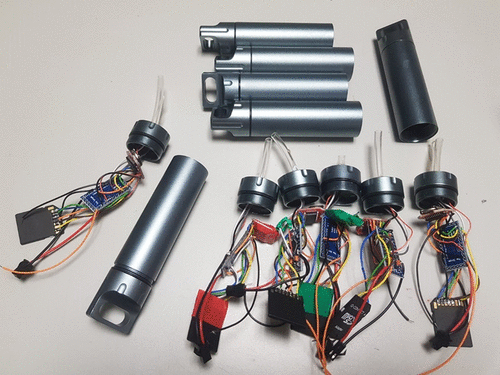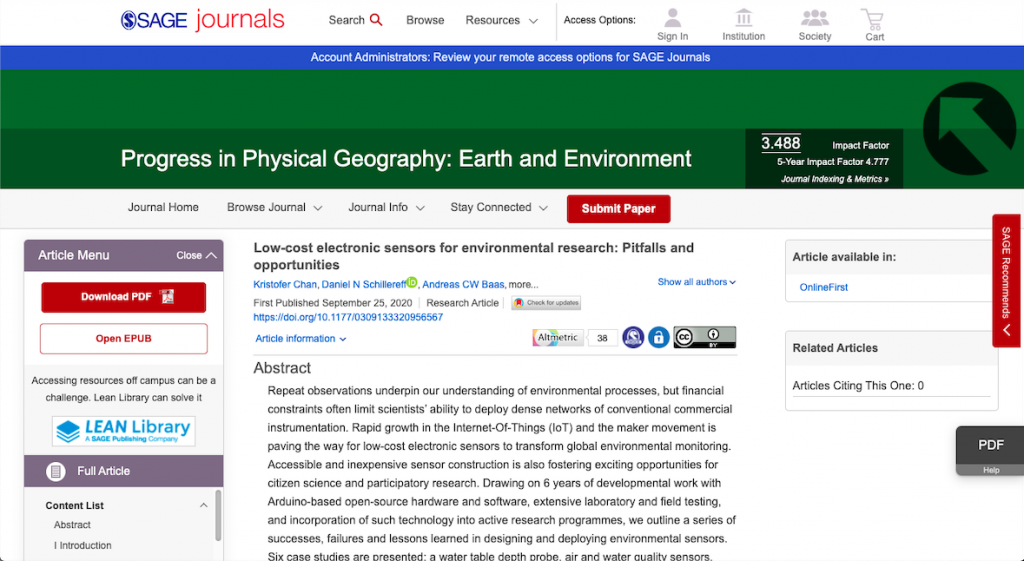
At King’s Water Hub we are actively pursuing interdisciplinary studies to better understand issues of water sustainability. Considering methodology and innovating new methods is crucial for this purpose. In our second spotlight series for World Water Day 2021, we feature a cutting-edge article on advances in low-cost electronic sensors for environmental monitoring that many of our King’s Water members have poured their blood, sweat and tears over the last six years. Dr. Kris Chan, Dr. Daniel Schillereff, Dr. Mike Chadwick, Prof. Mark Mulligan and Dr. Emma Tebbs have demonstrated that manually built electronic sensors are not only cheaper to make but produce nearly accurate results as their conventional counterparts. Their findings are outlined in six case studies focused on electronic sensors for environmental monitoring, ranging from water and lake sediment, as well as air, weather, and sand transport. Our King’s Water members hope that their research inspires professionals as well as students in the environmental sciences to begin constructing and using low-cost sensors for their own research. They have made their full schematics, code, component costs and purchasing guide available on the KCL Geography Environmental Sensors Github repository so researchers can reproduce low-cost environmental sensors.
